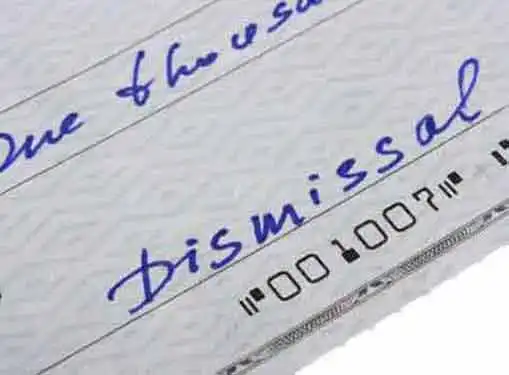Unemployment Insurance
An Unemployment Insurance System Primer
It takes a bite out of your cash every payroll, but do you really understand what unemployment insurance is and how the system works?
If you own a business, you need to understand what unemployment insurance is and how it works.

This article is a primer on understanding unemployment insurance.
Let's start with the history of the unemployment insurance system.
The unemployment insurance system was created more than 70 years ago as "an economic line of defense against the effects of unemployment, for not only the individual, but also the local community."
Operating as both a federal and state program, the goal of unemployment insurance is to provide financial assistance to a person who becomes unemployed through no fault of his or her own.
The unemployed individual signs up for unemployment benefits with their local state workforce agency, and, assuming they qualify, they begin receiving unemployment checks to alleviate the loss of wages due to unemployment.
Unemployment insurance benefits allow the person to maintain basic necessities such as food, clothing and shelter while they look for a new job.
Many unemployed individuals believe they are entitled to unemployment benefits because they have already paid the money in while they were employed.
This is not the case. There is no such thing as an employee unemployment insurance tax. No deductions are made from employees' wages to finance the unemployment insurance system, although one can of course argue that employers might pay employees higher salaries if they did not have to pay these taxes.
The program is funded exclusively by taxes paid by employers based on the amount of wages they pay to employees.
Each employer's unemployment insurance tax rate is different. The tax rate an employer pays is adjusted periodically based on the number of prior claims for unemployment benefits that have been filed against that employer.
An employer that has many former employees filing for unemployment insurance will typically see an increase in their tax rate, simply because they are contributing to a higher share of benefits claims than many of their peers.
Now, you have a basic understanding of how unemployment insurance works. In the future, we will cover other topics related to unemployment insurance, including how you can take steps to ensure that your tax rates are not unnecessarily high.
Share this article
Additional Resources for Entrepreneurs


Unfortunately, the answer to "Can I collect unemployment if I am self-employed?" is that you typically would not be eligible for unemployment. If your business is incorporated and you have been paying unemployment taxes, you may be eligible. Check with your local unemployment benefits office for your state.
Assuming you've already looked into that, there aren't any other good options that I know of -- there's no government-supported safety net for struggling entrepreneurs. Hope things turn around for you soon!